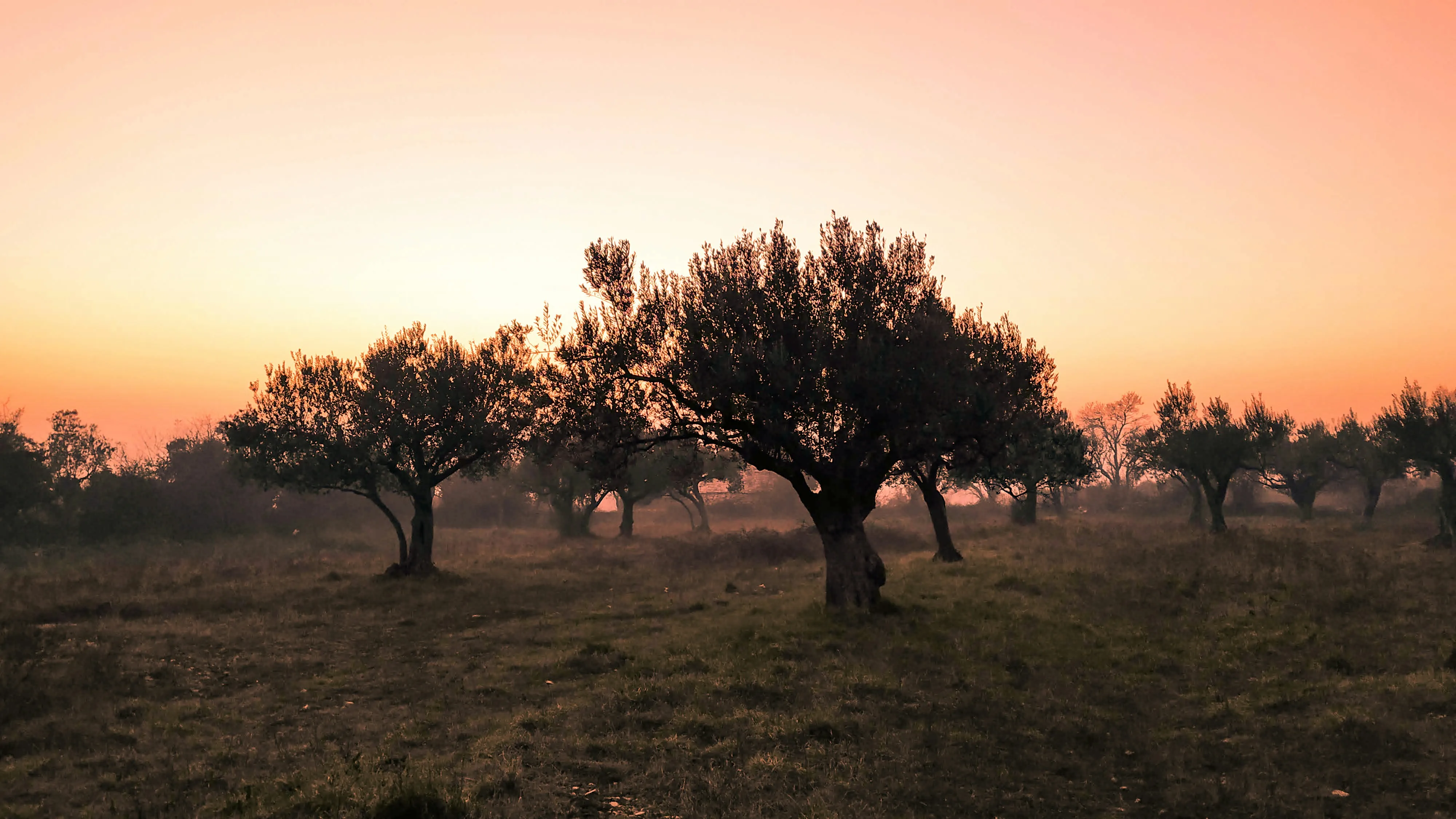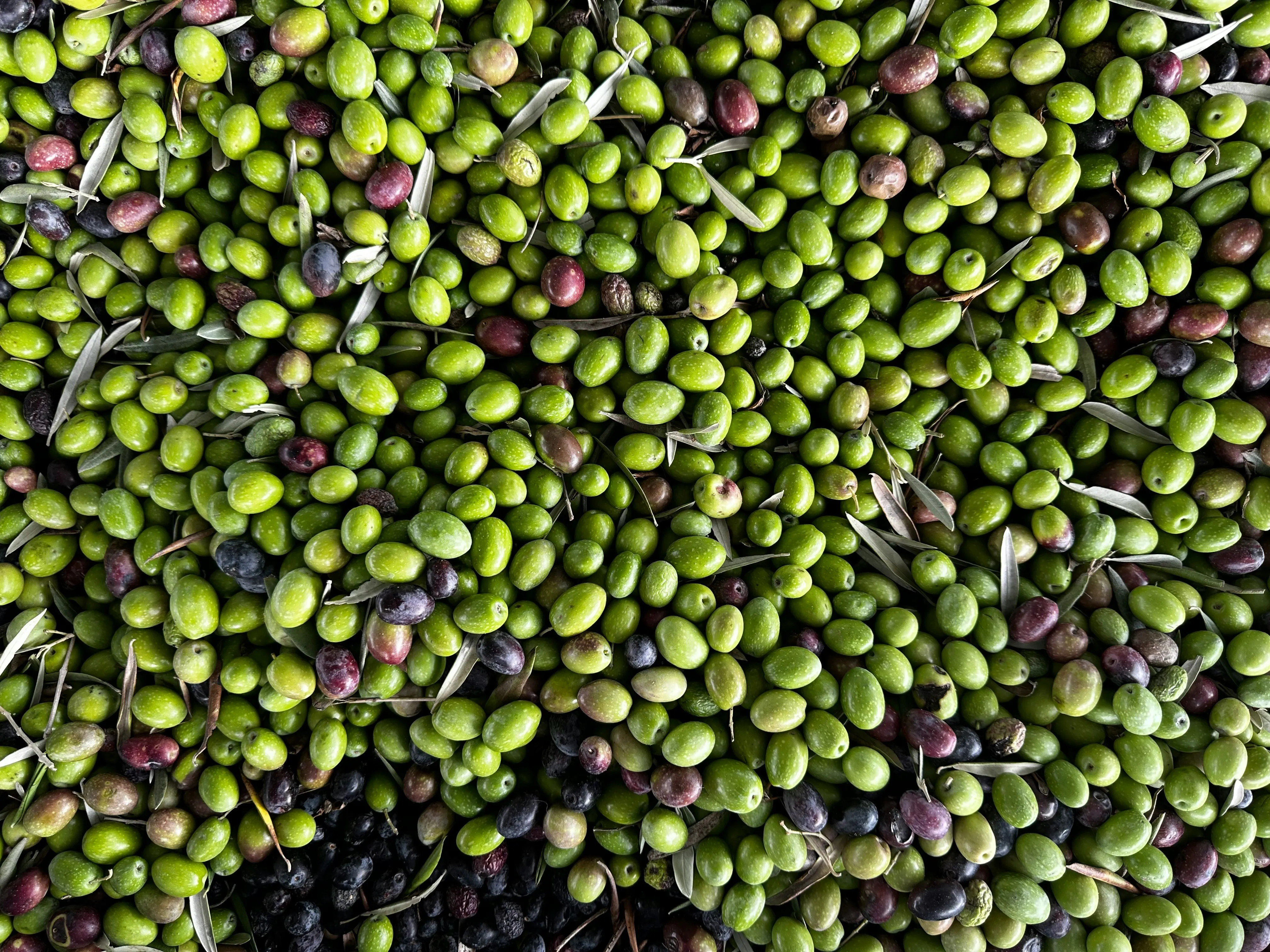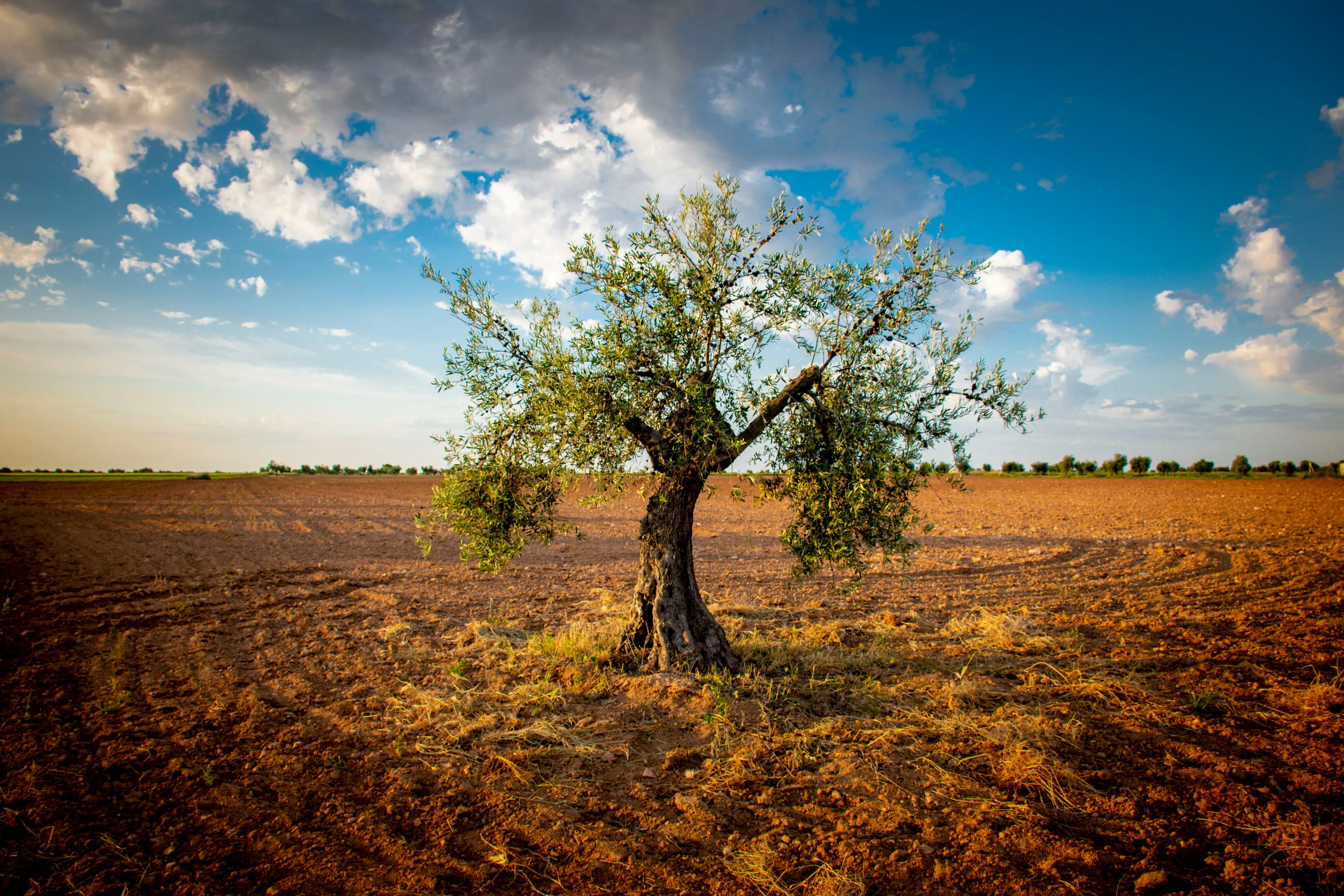January 23, 2026
Interest in high-polyphenol olive oil has grown rapidly as consumers learn about its exceptional health benefits and distinctive taste. But what exactly are polyphenols, why are they so important, and how can you tell if an olive oil is truly rich in them?
This guide answers the most common questions about high-polyphenol olive oils, including
- their health benefits
- how they’re made
- how to identify and use them
- and which olive varieties naturally producehigher levels.
We’ll also take a closer look at the most potent polyphenols found in olive oil and how Tunisia’s Chetoui and other monovarietals such as Chemleli and Sayali olives stands out among the world’s best.
What Makes an Olive Oil High in Polyphenols?

Polyphenols are natural antioxidant compounds found in plants, including olives. They protect the olive fruit from oxidation and environmental stress, and they provide similar protection when consumed by us humans.
In olive oil, polyphenols influence both health properties and flavor. They’re responsible for the bitterness, complexity, and peppery sensation that define top quality extra virgin olive oils.
However, polyphenol levels vary significantly depending on:
- Olive variety: some cultivars naturally contain more polyphenols.
- Harvest timing: early harvest, green olives have the highest concentration.
- Extraction method: cold pressing preserves delicate compounds.
- Freshness: polyphenols decline over time.
Tunisia’s climate, dry, sunny, and mineral-rich is ideal for growing Chetoui olives, one of the world’s most polyphenol-rich varieties. The result is a strong, peppery oil that delivers both flavor and function. Other monovarietal such as Sayali and Chemleli can also contain high content of polyphenols.
The Health Benefits of High Polyphenol Olive Oil

Extensive research confirms that polyphenols are responsible for many of the proven health benefits of extra virgin olive oil.
- Antioxidant Protection
Polyphenols neutralize free radicals, slowing the cellular damage that contributes to aging and chronic disease.
- Anti-Inflammatory Properties
Oleocanthal, in particular, has been shown to reduce inflammation, supporting heart, joint, and immune function.
- Cardiovascular and Brain Health
Regular consumption of high-polyphenol oils is associated with improved cholesterol levels, reduced blood pressure, and enhanced cognitive performance.
- Gut and Metabolic Support
Polyphenols also promote beneficial gut bacteria and may help regulate metabolism and blood sugar levels.
In short, the stronger and more peppery the oil tastes, the more polyphenols it likely contains, and the greater its potential health benefits.
The Most Potent Polyphenols in Olive Oil
Olive oil contains over 30 types of polyphenols, but a few stand out for their strength, stability, and health impact. These are the key compounds that make high-polyphenol olive oils so unique:
- Oleocanthal
Perhaps the most famous olive polyphenol, oleocanthal gives high-quality extra virgin olive oil its signature throat tingling sensation.
Known for its anti-inflammatory properties, oleocanthal acts in a similar way to ibuprofen, though naturally and without side effects.It supports joint comfort, cardiovascular health, and general inflammation reduction.
- Hydroxytyrosol
One of the most powerful antioxidants found in nature, hydroxytyrosol helps protect cells from oxidative damage.
It plays a key role in the European Food Safety Authority’s (EFSA) approved health claim for olive oil: that olive polyphenols contribute to the protection of blood lipids from oxidative stress.It’s also linked to improved skin health and overall longevity.
- Tyrosol
A stable antioxidant that supports heart and metabolic health, tyrosol complements hydroxytyrosol in protecting the body from oxidative stress. It’s also associated with improved cognitive function.
- Oleuropein
Found in both olives and olive leaves, oleuropein has strong anti-inflammatory and antimicrobial effects. It contributes to the characteristic bitterness of early-harvest olive oils.
- Ligstroside Aglycone
A lesser-known but potent compound, ligstroside aglycone contributes to the sharp, complex flavor of robust oils and has been studied for its neuroprotective properties.
Each of these compounds works synergistically, meaning the full health benefit of high-polyphenol olive oil comes from the combined action of these molecules, not just one.
That’s why freshness and quality extraction are so important: they ensure these compounds remain intact from grove to bottle.
How High-Polyphenol Olive Oil Is Made

Crafting a high-polyphenol olive oil requires precision at every stage:
- Early Harvest: Olives are picked while still green, when polyphenol levels are highest.
- Cold Extraction: The oil is pressed at low temperatures (below 27°C) to preserve nutrients.
- Fast Processing: Olives are milled within hours of harvest to prevent oxidation.
- Minimal Filtration: Gentle clarification or decanting helps maintain phenolic strength.
Our Golden Olive Oil High Polyphenol Chetoui, Chemleli and Sayali Extra Virgin Olive Oils follow this process closely, harvested early, cold-extracted within four hours, and bottled immediately to capture peak potency and flavor.
How to Identify a High-Polyphenol Olive Oil
When shopping for olive oil, keep these points in mind:
- Harvest Date: Look for the most recent harvest, ideally within the past year.
- Polyphenol Count: Premium producers often publish lab results (anything over 250 mg/kg is considered high).
- Taste: Expect bitterness, complexity, and a peppery kick.
- Aroma: Fresh, green notes of grass, herbs, or green almond indicate vitality.
Origin and Variety: Seek out early-harvest, monovarietal oils from trusted sources such as Tunisia, Greece, Italy, or Spain.
Olive Varieties Known for High Polyphenols

Some cultivars are naturally richer in polyphenols than others:
- Chetoui (Tunisia): Exceptionally high antioxidant levels, peppery and bold.
- Koroneiki (Greece): Small olives with concentrated flavor and high polyphenol stability.
- Picual (Spain): Robust, slightly bitter, and resistant to oxidation.
- Coratina (Italy): Intense and full-bodied with artichoke and almond notes.
- Picholine (France/North Africa): Balanced, herbaceous, and aromatic.
- Chemleli (Tunisia): Softer and floral with a gentle peppery lift.
- Sayali (Tunisia): Fresh, fruity, and aromatic.
Each reflects the environment where it’s grown, proof that terroir shapes both taste and nutrition.
How to Use High-Polyphenol Olive Oil
High-polyphenol oils have a stronger taste and are best used where their character can shine:
- As a Daily Health Boost: Take one tablespoon each morning on an empty stomach.
- Finishing Oil: Drizzle over cooked vegetables, grilled fish, grilled red meats or pasta right before serving.
- Salads and Dressings: Combine with lemon or vinegar for a simple, nutrient-rich dressing.
- Flavor Pairings: Excellent with tomatoes, citrus fruits, cheeses, or dark chocolate.
Avoid using these oils for deep frying or prolonged high-heat cooking, that can degrade the delicate phenolic compounds. Their best value is as a finishing oil or functional food.
Why Tunisia Excels in High-Polyphenol Oils

Tunisia is one of the world’s leading olive oil producers, yet its high-quality, antioxidant-rich oils are still being discovered globally. The Chetoui, Chemleli, Sayali monovarietal, native to Tunisia, thrives under intense sun and dry winds, conditions that naturally boost polyphenol production.
Modern cold-extraction techniques and early-harvest practices have helped Tunisian producers capture this natural advantage, producing oils that regularly score among the highest in polyphenol content worldwide.
What This Means for You
High-polyphenol olive oil stands out for both its flavor and its function. It combines the best of nature and tradition, offering a powerful source of antioxidants, a distinctive taste, and measurable health benefits.
When selecting a bottle, prioritize freshness, transparency, and authenticity. Look for early-harvest, cold-pressed oils with a robust taste and a clearly stated origin.
Our Golden Olive Oil High-Polyphenol Chetoui, Chemleli and Sayali Extra Virgin Olive Oil exemplifies these values, a pure expression of Tunisian craftsmanship, bottled at peak vitality to deliver both wellness and flavor in every drop.
